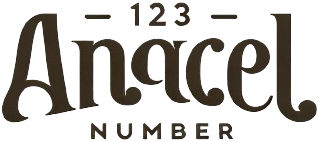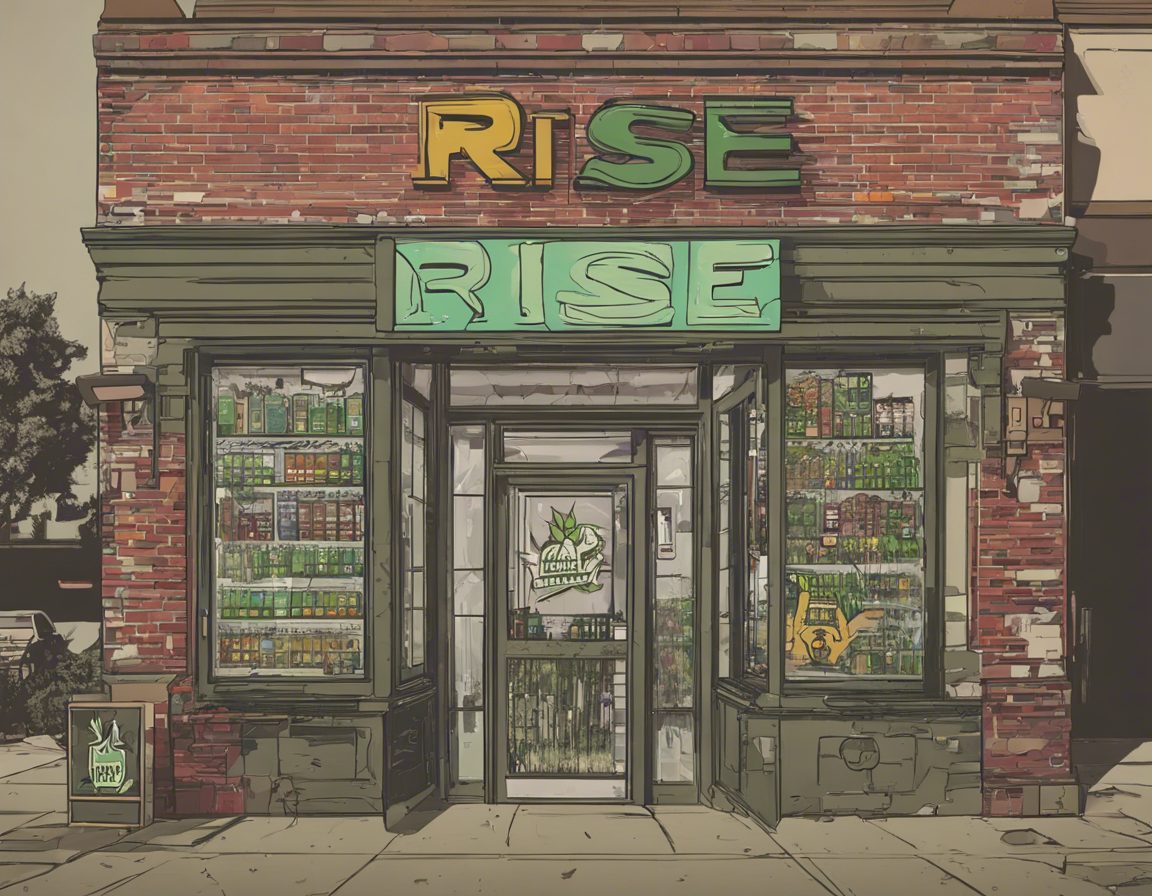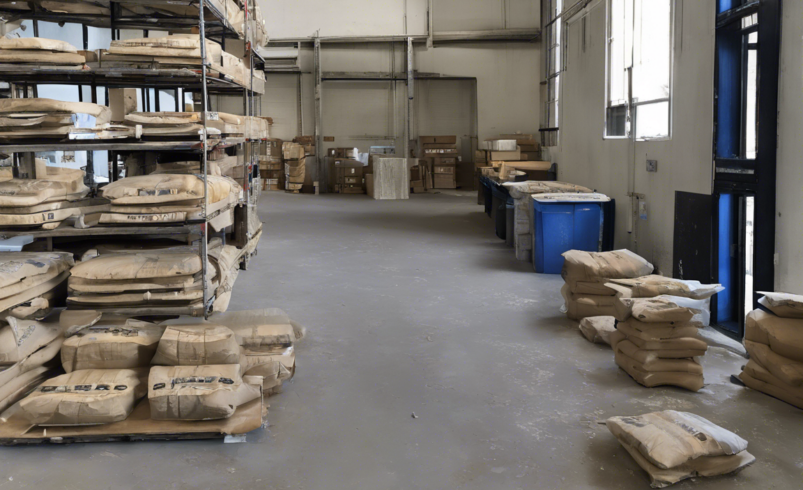BRC, which stands for British Retail Consortium, is a globally recognized standard for food safety management. The BRC Global Standard for Food Safety was first published in 1998 and is now in its eighth iteration. It sets out the requirements for food manufacturers to produce safe, legal, and quality products.
Understanding BRC Certification
BRC certification is widely accepted by retailers and manufacturers around the world as a benchmark for food safety and quality. Achieving BRC certification demonstrates a company’s commitment to food safety and compliance with industry best practices. The certification process involves an audit by a third-party certification body to assess the company’s food safety management system against the requirements of the BRC standard.
Benefits of BRC Certification
- Enhanced Credibility: BRC certification enhances the credibility of a company in the eyes of customers, suppliers, and regulators.
- Global Recognition: BRC certification is recognized globally and opens doors to new markets for certified companies.
- Risk Mitigation: Implementing the BRC standard helps companies identify and mitigate food safety risks in their operations.
- Continuous Improvement: BRC certification encourages companies to continuously improve their food safety management systems.
- Supplier Relationships: Many retailers require their suppliers to be BRC certified, making certification essential for maintaining business relationships.
BRC Standard Requirements
The BRC Global Standard for Food Safety sets out requirements in several key areas, including:
1. Senior Management Commitment
Companies seeking BRC certification must demonstrate leadership commitment to food safety and provide adequate resources for its implementation.
2. Hazard and Risk Analysis
Companies must conduct a thorough hazard analysis to identify and assess potential food safety risks in their operations.
3. Food Safety and Quality Management System
A robust food safety and quality management system must be in place to ensure the production of safe and quality products.
4. Site Standards
The BRC standard specifies requirements for the design and layout of facilities, as well as the maintenance of a clean and hygienic environment.
5. Product Control
Companies must have controls in place to ensure the integrity and safety of their products throughout the production process.
Achieving BRC Certification
To achieve BRC certification, companies must undergo an audit by a third-party certification body. The audit evaluates the company’s compliance with the requirements of the BRC standard and identifies areas for improvement. Companies that pass the audit receive BRC certification, which is typically valid for one year, after which a recertification audit is required.
Frequently Asked Questions (FAQs) about BRC Certification
1. What does BRC stand for in food safety?
BRC stands for British Retail Consortium, which is responsible for developing the BRC Global Standard for Food Safety.
2. Why is BRC certification important?
BRC certification is important as it demonstrates a company’s commitment to food safety, enhances credibility, and opens doors to new market opportunities.
3. How long does it take to get BRC certified?
The time taken to obtain BRC certification varies depending on the company’s readiness and the complexity of its operations. On average, the process can take several months to complete.
4. Is BRC certification mandatory?
BRC certification is not mandatory by law, but many retailers and food manufacturers require their suppliers to be BRC certified as a condition of doing business.
5. What is the difference between BRC and HACCP?
BRC is a food safety management system standard developed by the British Retail Consortium, while HACCP (Hazard Analysis and Critical Control Points) is a systematic preventive approach to food safety.
6. How much does BRC certification cost?
The cost of BRC certification varies depending on the size and complexity of the company’s operations, as well as the certification body chosen to conduct the audit.
7. How often is BRC certification required?
BRC certification is typically valid for one year, after which a recertification audit is required to maintain certification.
8. Can small businesses obtain BRC certification?
Yes, small businesses can obtain BRC certification by implementing the necessary food safety management systems and meeting the requirements of the BRC standard.
9. What are the different BRC Global Standards?
In addition to the BRC Global Standard for Food Safety, the BRC also has standards for packaging and packaging materials, consumer products, storage and distribution, and agents and brokers.
10. Does BRC certification cover organic food products?
While BRC certification primarily focuses on food safety and quality, it can also be applied to organic food products to ensure they meet regulatory requirements and consumer expectations.





